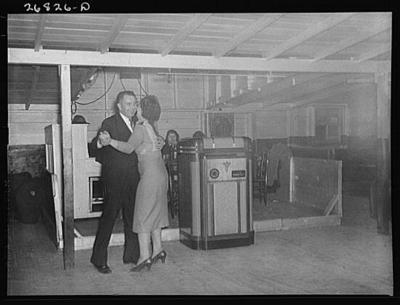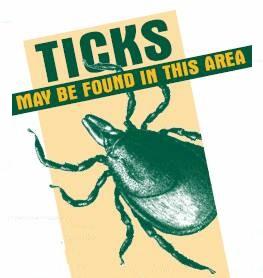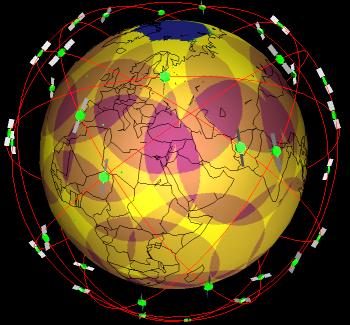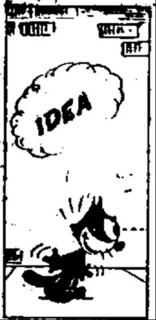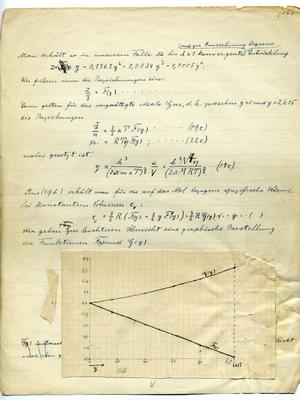 At last week's Southern Illinois Business Expo I spoke with a presenter about Internet marketing and print media. I asked:
At last week's Southern Illinois Business Expo I spoke with a presenter about Internet marketing and print media. I asked: If we're bullish on Internet marketing, why does an archive search and retrieval in the local paper cost money?Many newspapers provide the search then charge for the retrieval of older articles. If I want to publicize my business (or my town, or whatever) and I got coverage in August 2004, someone who wants to read about da bidnez is going to pay $2.95 in the Southern Illinoisan, $5 for a day's use of the Harrisburg Daily Register, and so on.The Marion Daily Republican uses the same service as the Register, same rates.
MAKE IT UP WITH VOLUME?
Yes, there are bulk discounts. For only $1,995 one can receive the Southern Illinoisan's archive (1000 articles @ $1.99 per) or the Register's/Republican's $20/month ($240/year) for "all you can eat" archive retrieval.
As an example, the New York Times charges $3.95 for one article, and $49.95 for 1200 articles/year. The Chicago Tribune goes for $3.95 quantity 1 and $359/year (1200 articles). {Memo to self: perhaps this ties into automobile towing conspiracy.}
Contrast this with the Seattle Times and others. Their fee? Zip, nada, nil, goose egg. They want you to register with them. Name/address/email. A menu to tell 'em what you want and what you don't.
And, gentle reader, always keep a yahoo or hotmail or whatever second email for this purpose, right?
But how do they make money if its "free"?

CONTEXT ADS
As Yogurt The Wise said: "Merchandising, merchandising, where the real money from the movie is made. Spaceballs-the T-shirt, Spaceballs-the Coloring Book, Spaceballs-the Lunch box, Spaceballs-the Breakfast Cereal, Spaceballs-the Flame Thrower."
Well, advertising actually. The Seattle Times automatically serves up content-sensitive ads. Same thing Google AdSense does on this blog. A machine reads the content and serves up what's likely to tickle the reader's fancy.
When the reader clicks the ad, the Seattle Times gets $$ for serving them the ad. So I look up a street festival in 1997, and I might get an ad for this year's festival, or where to get a great deal on a Haloween costume.
And there's a *whole* lot of other things that go into making that sausage: advertisers bid for location on pages & etc. & etc.
So if someone retrieved an archived article about the "Marion Hub Of The Universe" they might get an ad for a local store if they were reading a "shopping" article, or an ad for an accountant if they were reading an article about a business start up.
What else does the newspaper get when it gets people registering in greater numbers?
Information about their readers. What they read, when they read, what they buy, when they buy. And then, the paper can help their advertisers better target their message. Its all about the money. And if my business had coverage in the newspaper, I could expect that more people would be able to read about that business.
In any event, a more lucid writer than I*,Dan Gilmore's "On Grassroots Journalism" covered this very well in "Newspapers: Open Your Archives". He also takes the point (paraphrasing) that print information is history and should remain available "forever"; I strongly agree.
I'm curious: just *how much* money is made from archive fees? I'll bet you that more money's made from the ads.
PS: And I would not mind having my fancy tickled, let me assure you.
PPS: That's His Girl Friday (in the public domain, available from archive.org as a download) with Cary Grant, Ralph Bellamy, and Rosalind Russell. It was remade into "The Front Page" several times. I got the DVD for $1 at a local Kroger.
* low bar, that
